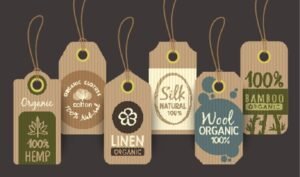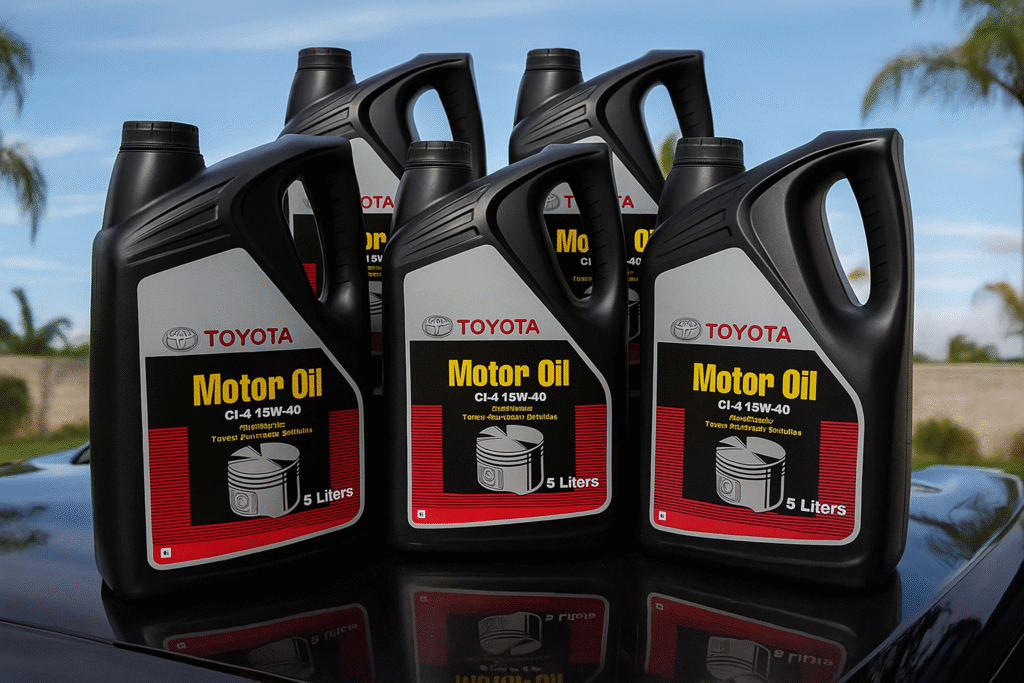

Lubricant labels are a vital component of packaging in the automotive industry. The motor vehicle industry needs functional, weatherproof, and oil-resistant labels. Partnering with trusted label manufacturers is the most ideal way to find suitable solutions.
Lubricants, as we all know, are critical components for auto machinery, engines, and other vehicular equipment. Lubricants such as auto oils and auto greases present a challenging situation for the label manufacturers. Typically, automotive lubricant labels must survive bad weather, harsh environments, and also offer durability. Lubricant labeling is not a simple task; label print companies have to put in their best efforts to create long-lasting and high-quality labels.
Picking the most appropriate material can be the first step to ensure its durable features. Reputable label manufacturers have considerable knowledge about different types of materials that are suitable for lubricant products.
Labeling partners may use permanent adhesives for lubricant containers so that they attach perfectly and do not come off in any dire conditions. Then there are oil-resistant adhesives, specially curated for lubricant products so that the outer label won’t peel away during contact with grease or oils.
Trusted lubricant label printing firms like Prakash Labels make use of the best-quality printing and specialty inks that resist heat, UV rays, and engine abrasions. Such inks remain solid and legible for a long period.
Protective laminations can increase label shelf life. Adding a strong coating makes it more durable and forms a protective layer against oil, moisture, UV rays, and other damage. Otherwise, the label can fade or get destroyed within a few months. Protective laminations include UV coating to add a fine protective layer against the sun’s harmful UV rays.
Some label companies also use gloss or matte coating to secure labels against water and everyday wear and tear. Gloss laminations also provide a neat, glossy look to the labels. Application of such coatings can enhance the shelf life of labels, make them more appealing, and provide lasting durability.
Lubricant products contain grease, oils, or chemicals that can destroy the labels. Certain chemical components can peel or dissolve the label, so label producers need to use chemical-resistant label materials. This also ensures that the labels or adhesives are protected and do not react with the chemicals in any way.
Vital Product Information
Automotive lubricant labels offer convenient codes to mechanics and customers. Both receive access to critical information, which is vital for performing maintenance and repair work. Lubricant labels often contain crucial descriptions and details about the products, like their API rating, compatibility features, fluid viscosity, etc.
These details help people during emergencies to make informed decisions and also aid while doing regular maintenance work. Automotive labels assist in performing duties like checking the engine oil, the make, or the exact pressure of a vehicle tire.
Trustworthy Label Manufacturers
Finding and partnering with a trustworthy label producer is crucial for the success of your packaging and labeling. An experienced labeling partner can also help meet all the regulatory standards. From customization options to fit your brand image, lubricant label producers may design according to your exact labeling requirements, including QR codes, barcodes, and serial batch numbers.
It is advisable to choose a label supplier or manufacturer equipped to handle advanced technologies for printing lubricant labels. This is done to create top-quality labels that can tolerate all kinds of stress. Popular names like Prakash Labels are well-experienced in producing all kinds of printing labels, even those that are used under extreme conditions like heat, oils, and chemicals.
We are known for providing high-class and most durable labels for all types of industries. All your printing needs can be fulfilled at our units. Our internal design and printing team is fully capable of providing dedicated artwork, designing, and advanced printing and presses. Every label is produced under the specific instructions of our clients. We present durable and exquisite label print finishes for industrial lubricants, automotive oil products, food-grade lubricants, and more.
Our labeling team is skilled to deliver everything from A to Z, in adverse and extreme environmental conditions. Endorsing high-level quality checks and safety standards. We aim to create a conducive and sustainable future, taking our social responsibilities seriously. We are one of the finest lubricant label manufacturers in India, adhering to all regulatory policies to produce sustainable labeling solutions and minimizing carbon footprints.